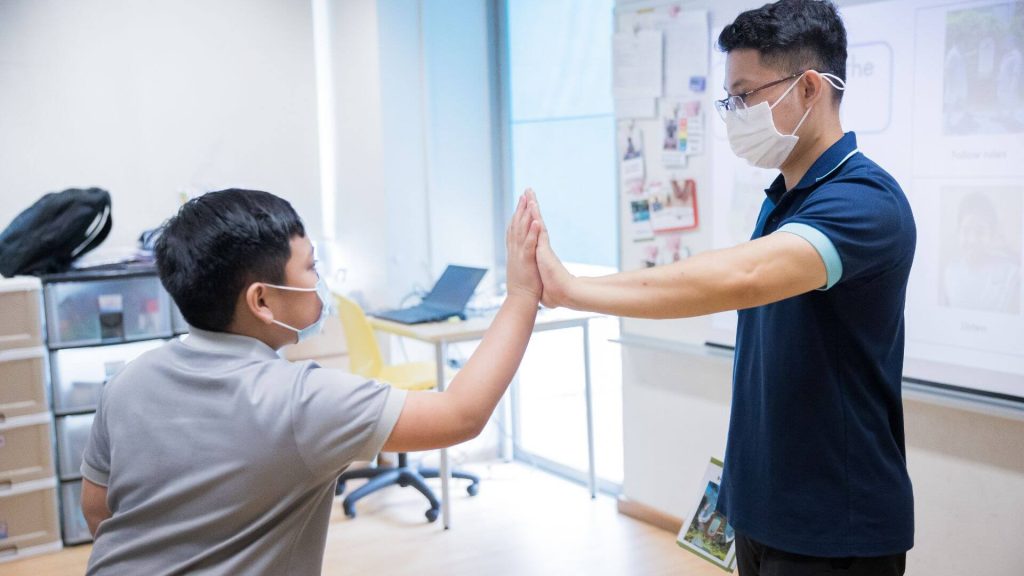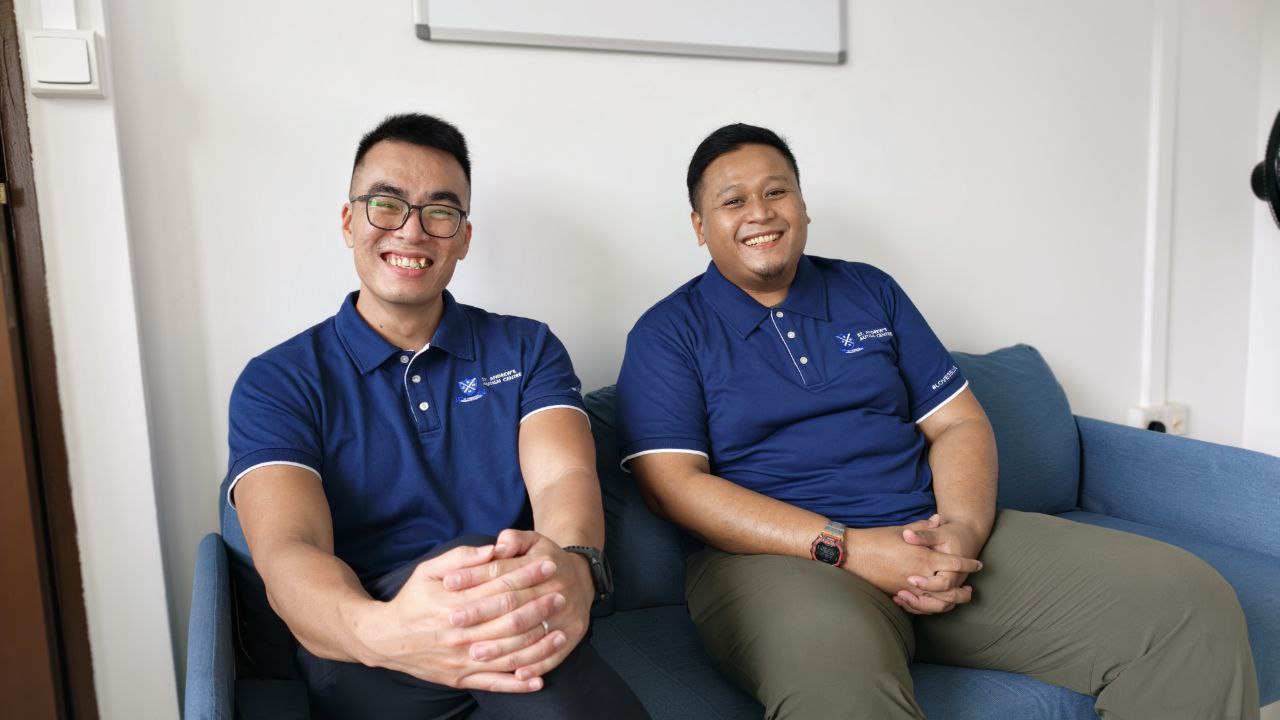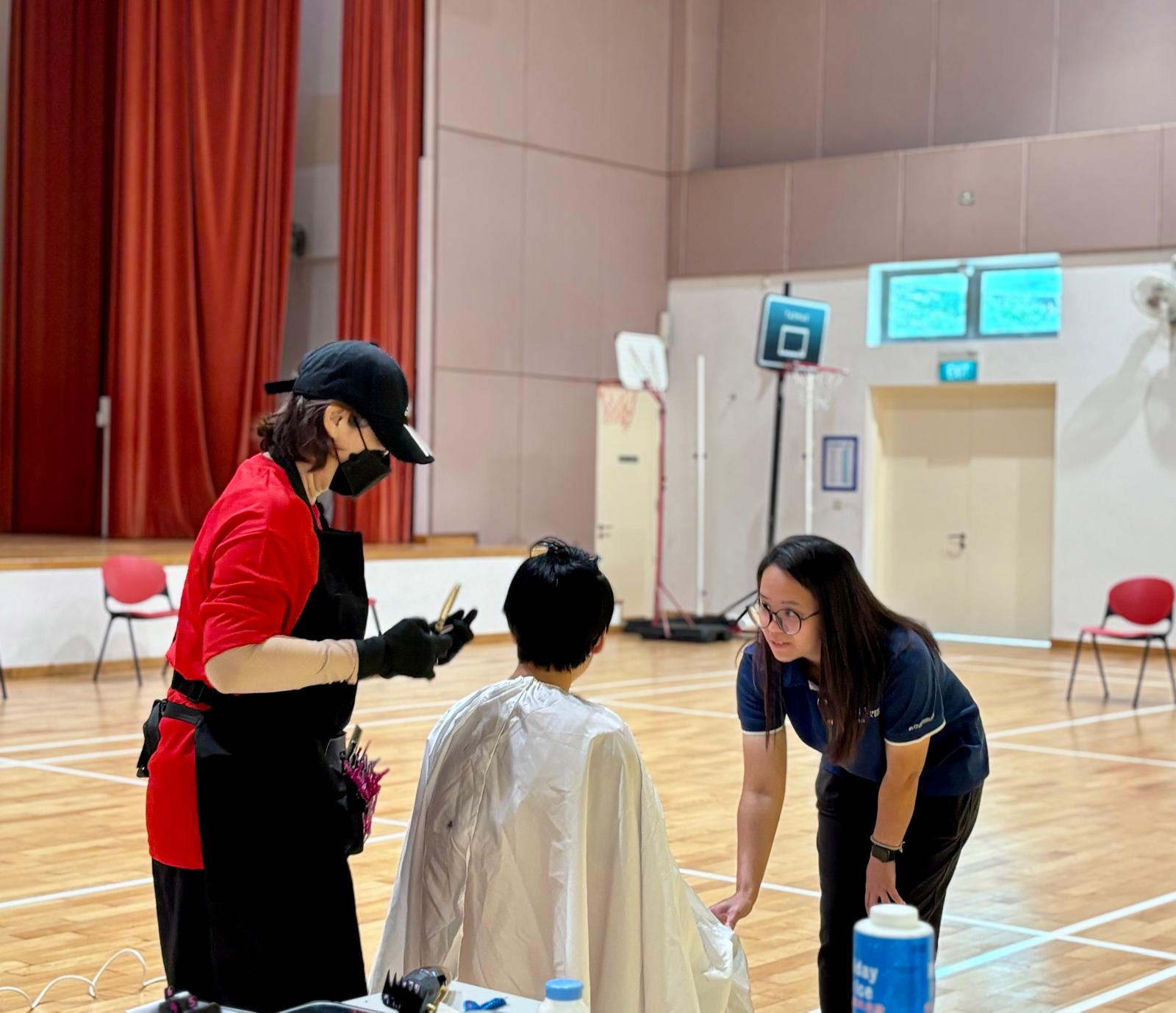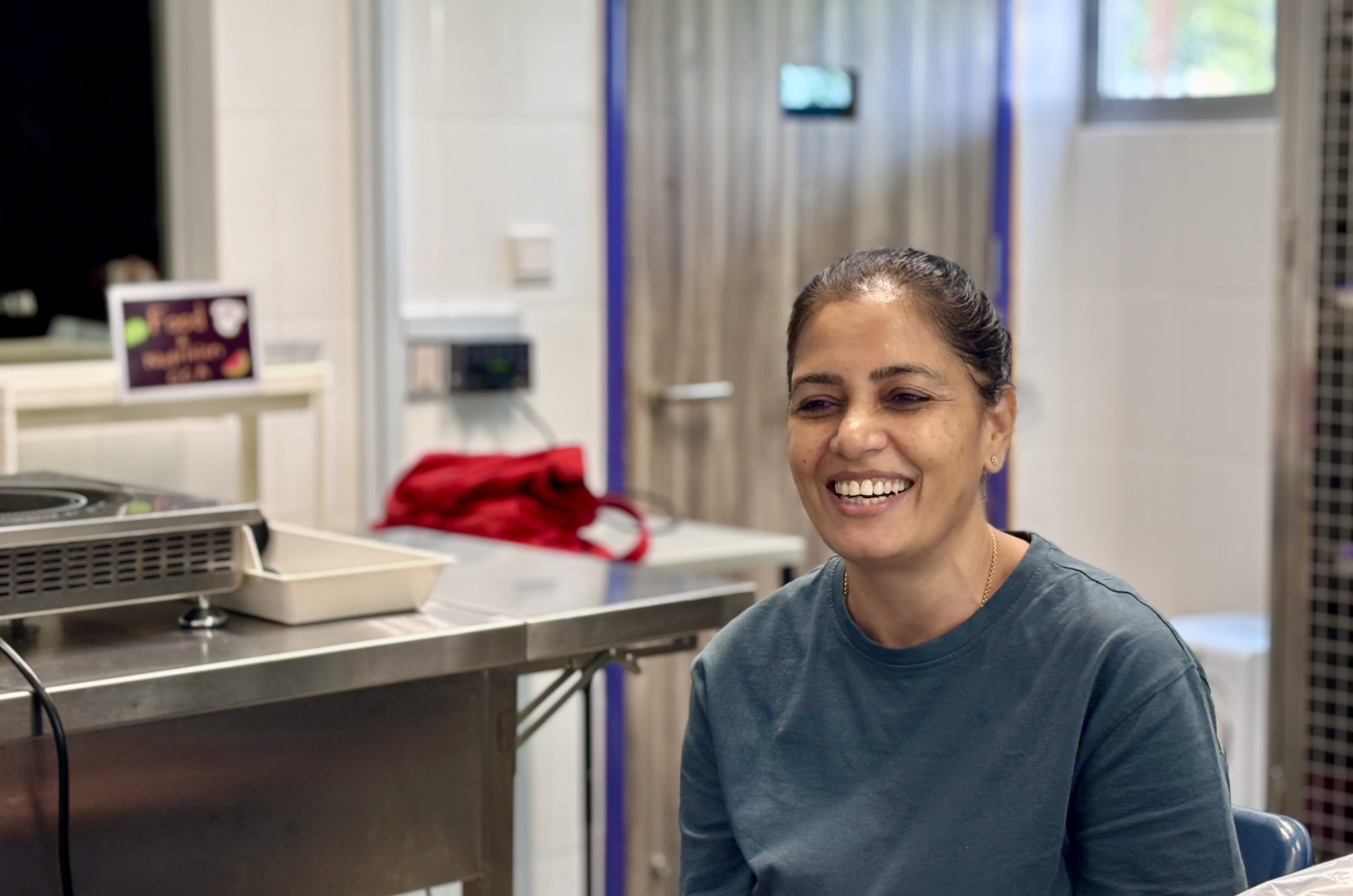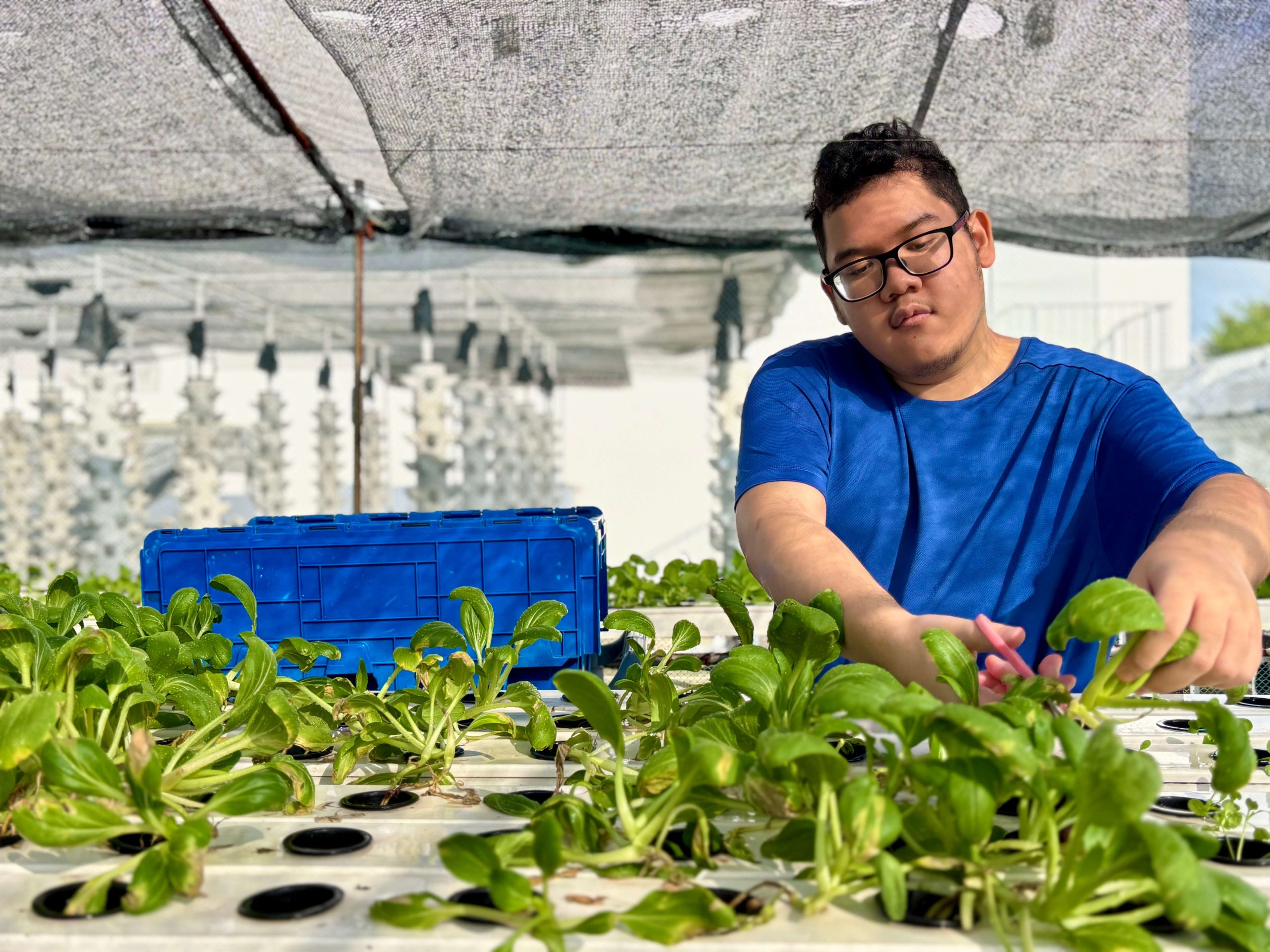Autism, or autism spectrum disorder (ASD), is a neurological and developmental disorder that affects how people communicate, interact with others, and perceive the world around them.
Autism in Singapore
A 2016 study estimated that roughly one in 150 children in Singapore is on the autism spectrum. As highlighted in Singapore’s Enabling Masterplan 2030, the number of autism diagnoses in children continues to rise, with over 1 in 100 children diagnosed with autism as of 2024. This rise is largely attributed to improved awareness on the prevalence of developmental issues and a greater openness to early detection screening.
St. Andrew’s Autism Centre is one of the providers of autism care in Singapore. Established in 2005, our focus lies in supporting the needs of those aged 7 and above who have moderate to severe autism through our services: St. Andrew’s Autism School, Day Activity Centres and the St. Andrew’s Adult Home.
Understanding the basics
As its name suggests, Autism Spectrum Disorder spans across a wide spectrum and reflects a diverse range of abilities and challenges. The spectrum is often classified into mild, moderate and severe levels – these levels determine the amount of support & care each individual requires.
It is also common for persons with autism to have other underlying conditions (comorbidities) such as an intellectual disability, attention-deficit/hyperactivity disorder, anxiety and more.
The exact causes of autism are still unknown, although research suggests that both genetic and environmental factors play a role. It’s also important to note that autism is not caused by vaccines or bad parenting, despite some popular misconceptions.
Different, but not less
Persons with autism process, experience and navigate the world differently.
They may face challenges when it comes to interaction, communication, rigid or repetitive behaviours, and sensory processing. The level of difficulty faced will vary from person to person, and no two individuals with autism are exactly alike. Each person experiences the condition in their own unique way.
Just as you and I have our own strengths, persons with autism also bring a distinct set of strengths and abilities. To help them thrive and lead dignified, meaningful lives, it is important to carve out opportunities that bring out their potential in a way that aligns with their true selves rather than seeking to change them.
Autism lasts a lifetime
Autism is a lifelong condition with no known cure. While some individuals on the spectrum can live independently, others may have higher support needs that require lifelong care. For these families, the demands of providing support and care-giving can be overwhelming.
But no one should take that journey alone. Whether it’s offering support to caregivers, fostering inclusion, or creating opportunities for persons with autism to thrive, everyone in the community has a role to play in understanding, accepting, and embracing autism.
Together, we can build a more inclusive and supportive society.

